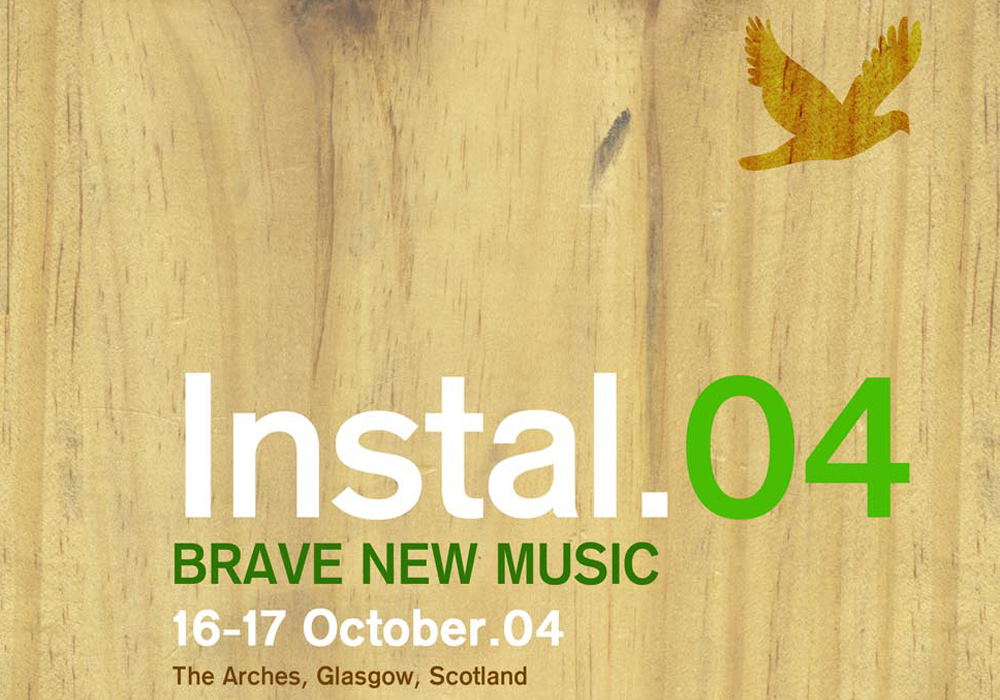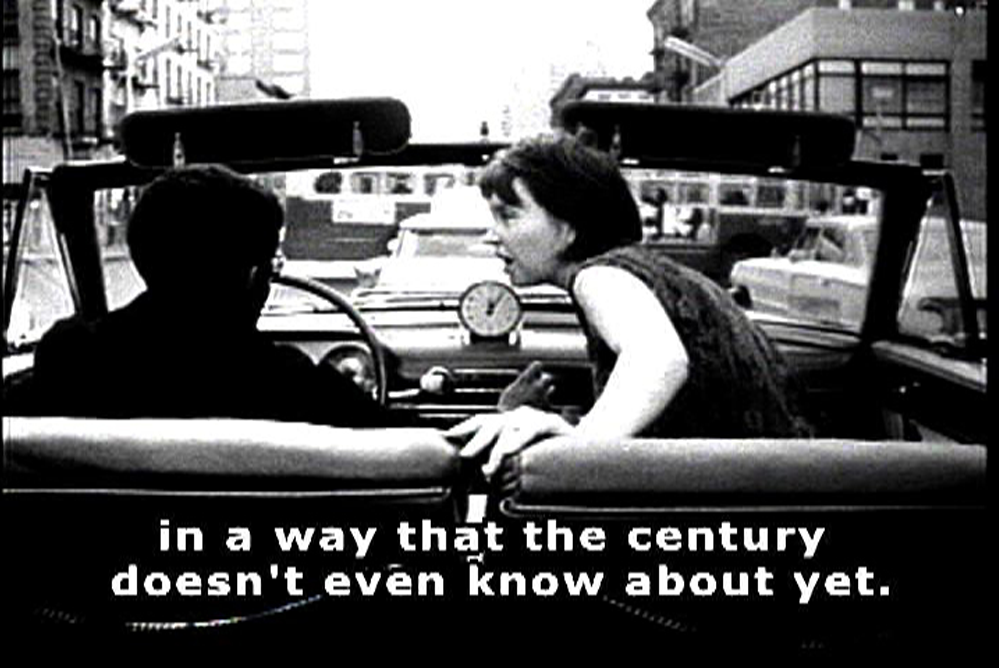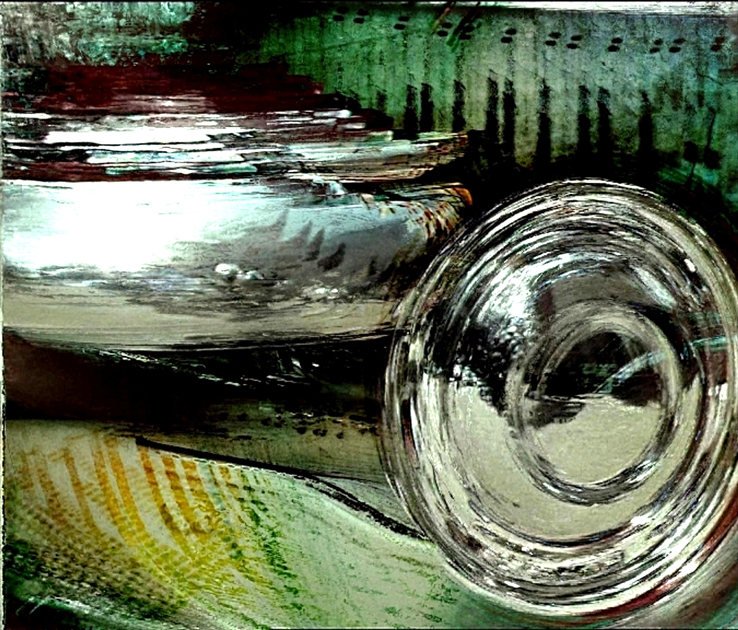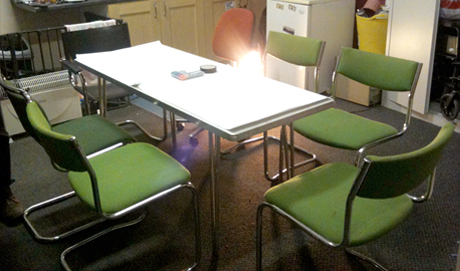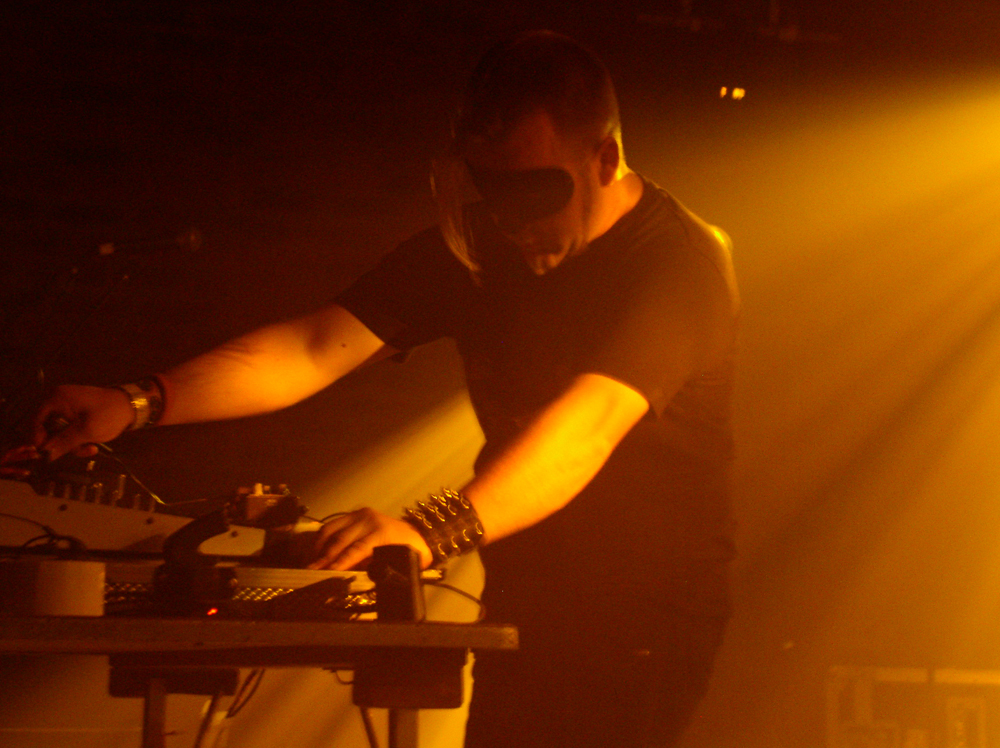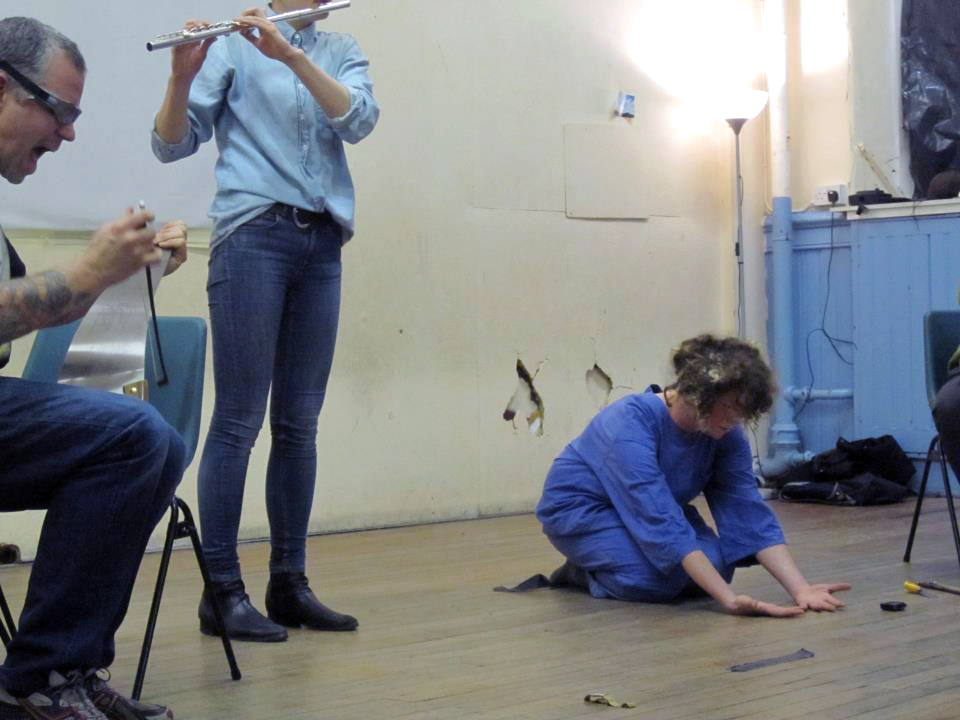
Concert 2
Emilia Beatriz Fritz Welch Iain Campbell F-W Jean-Luc Guionnet Julia Letitia Scott Liene Rozite Neil Davidson
Performances of compositions by Jean-Luc Guionnet and others, with Julia Letitia Scott, Iain Campbell F-W, Neil Davidson, Fritz Welch, Liene Rozite, Emilia Beatriz.



